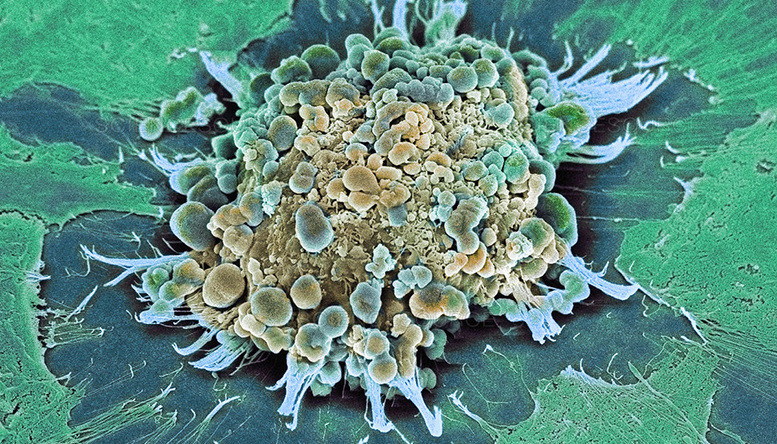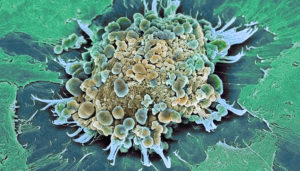- HAMLET is a new type of cancer killing molecule with rapid and broad activity.
- HAMLET kills cancer cells of different origins (>40 different types of cancer cells) and is active in multiple oncology indications.
- HAMLET addresses serious unmet medical needs in multiple large oncology markets, including colon cancer, bladder cancer, cervix cancer and brain tumors (primary or metastatic).
- HAMLET spares healthy differentiated cells and has not shown toxicity against healthy tissues in animal models or clinical studies. Instead, HAMLET accumulates specifically in tumor tissues.
- HAMLET is composed of two molecules that are present in human milk. The novel therapeutic entity HAMLET is formed when the human milk protein alpha-lactalbumin undergoes a conformational change and binds to oleic acid.
- Remarkably, HAMLET identifies conserved unifying characteristics of cancer cells and tells the tumor cells to die.
- These mechanisms differ from molecules targeted by most traditional cancer therapeutics and explain how HAMLET can kill may different tumor cells without toxicity.
- HAMLET has been shown to be safe and effective as demonstrated in two proof-of-concept human clinical trials.
Intellectual Property includes composition of matter, manufacturing and use patents for HAMLET as well as the second-generation HAMLET molecule Alpha1H and manufacturing procedures. Patents have been granted in the US and Europe.
Tumor cells die in a non-toxic way and many different tumor cells show the same response
The year 2017/2018 has seen Hamlet Pharma reach essential technical and clinical milestones required to reach proof-of-concept in patients with bladder cancer.
- The 2nd generation drug candidate Alpha1 has been synthesized according to international Good Manufacturing Process (GMP) requirements for clinical trials and production of the finished drug substance Alpha1H has been solved, for use in the clinical trial.
- An external CRO has established that Alpha1H is not toxic to healthy tissue, unlike most other cancer drugs currently in use.
- We have scientific evidence in a bladder cancer model that Alpha1H inhibits cancer development
- We have developed a partnership with the experienced clinical center where the clinical trial of Alpha1H is now conduced.
- The complex regulatory requirements have been fulfilled leading to approval from the national authorities in the Czech Republic to conduct the clinical study.
- The placebo-controlled, randomized Phase I/II study in patients with bladder cancer started in May 2018.
- These goals were achieved with high efficiency and competence, a lean organization, motivated staff and expert advisors and interested partners.
Oncology is the top therapeutic area for licensing and partnering by pharmaceutical companies. Efficient and suitable strategies for HAMLET’s development and for future partnering are actively being pursued.






